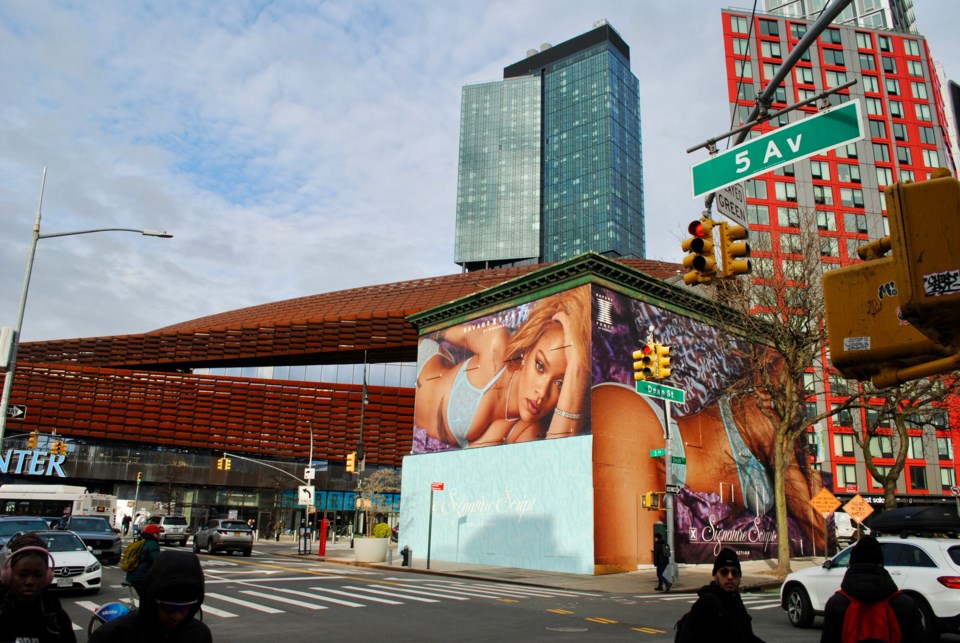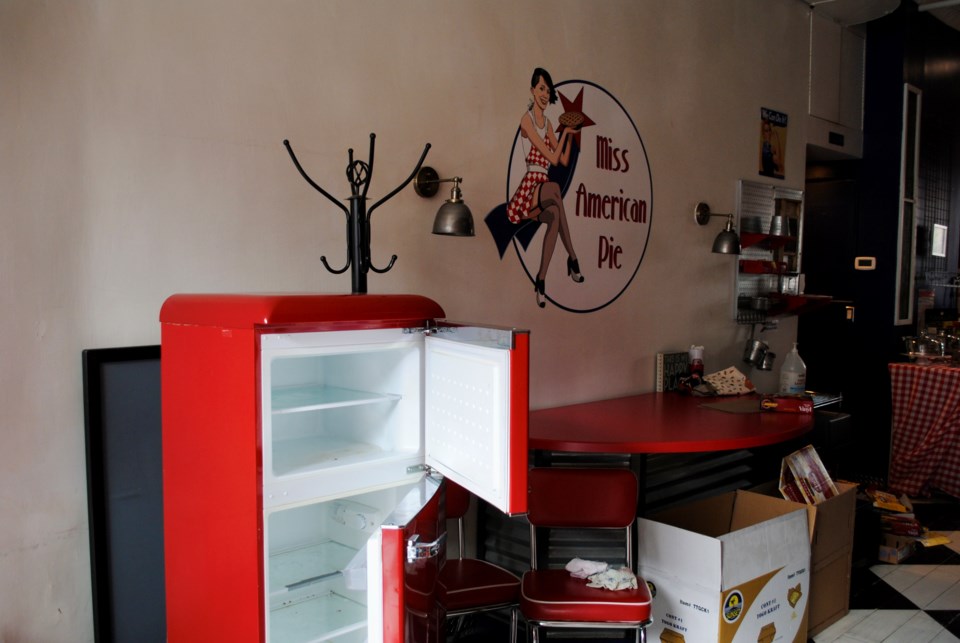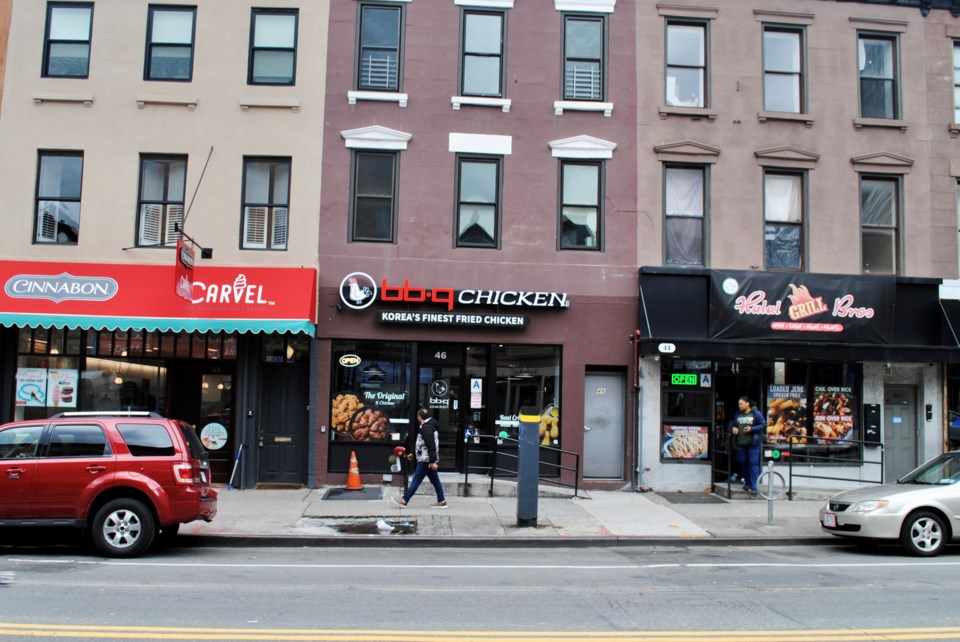Brooklyn's Fifth Avenue has long been the commercial center of Park Slope. In the past thirty years, the street has seen a massive shift toward retail due to gentrification; practically every storefront is occupied, usually filled with locally-owned, community-oriented businesses.
That is, until recently, as the shops on the northernmost edge of the retail corridor, close to Barclays Center, are being replaced with franchises. Despite Time Out recently naming Fifth Avenue the coolest street in NYC and the 13th coolest street in the world, there is actually nothing cool happening at the edge of Flatbush Avenue, to the disappointment of local business owners and residents.
Since the pandemic, chains and franchises have begun spreading from Barclays Center into Park Slope, starting with the Shake Shack and Chick-fil-A locations directly opposite the stadium. According to the North Flatbush Business Improvement District, 40% of businesses along Flatbush Avenue between Atlantic and Eighth Avenues are new since 2020; this includes several chains such as Just Salad, Wing Stop, Tend, Restore Hyper Wellness, and Jet’s Pizza.
Most recently, the first few blocks of Fifth Ave coming from Barclays, community-owned businesses have been replaced by Insomnia Cookies, Qwench Juice Bar, and a Cinnabon/Carvel combo.
The influx of national chains comes at the sacrifice of local businesses that have been struggling since the pandemic. Miss American Pie, a pie shop on Fifth Avenue between St. Marks Avenue and Prospect Place is the latest local business to shutter.
“Financially, we’re not able to continue,” owner Lindsey Hill told BK Reader. “We opened six months before the pandemic, and we started off on a bad foot."
During the first year of the pandemic, Hill said she used up all the money she had saved to pay the rent. When she realized she was out of money, Hill tried to talk to the landlord about a payment plan, or to renegotiate the lease, but the landlord refused.
When Hill first opened, her rent was $6,500 per month; at the time of the store's closure four years later, the rent was up to $7,150.
“Fifth Avenue is definitely changing,” Hill said. “We just got a Cinnabon/Carvel, which — I love Cinnabon, but at the same time, it’s not really the New York, Park Slope feel that the people love.”
The new Cinnabon/Carvel, which opened on March 8, took over the storefront that previously housed Lulu’s Cuts & Toys, a 22-year-old local business that sold toys and did children’s haircuts.
Brigitte Prat, who owned Lulu’s and still lives above the former store, said she decided to close down because she was tired of working so hard around the clock. She also felt like the community no longer supported Lulu’s by shopping locally.
“As a retailer, as a small business being on the avenue, you really have to be a food or drink service, or nail salon or a service,” Prat said. “That’s the only thing you can’t buy on Amazon. … Everyone shops online. They don't really walk their community, you know? If you knew how many people live in a 20-block radius that didn't even know I existed when I was closing.”
Joel Hamburger, who owns the property next door to Carvel, said he leased a space last year to a Korean fried chicken franchise called bb.q Chicken. According to Hamburger and other local property owners who spoke to BK Reader, landlords often prefer leasing space to a franchise over a local business because parent companies vet their franchisees, and must support them. Leasing to a small business is deemed riskier.
As a resident of the street, Hamburger has mixed feelings about Fifth Avenue's changing face.
“Part of me is kind of like, oh, it's the death of New York City,” Hamburger said. “And then part of me is also like, well, that narrative — that New York City used to be cool and now it's different — is kind of tired and stupid. There’s been 30 or 40 cycles like this.”
Other residents in the area joke that Fifth Avenue is becoming a mall.
Jerry Diaz, who has worked at Fifth Avenue restaurants Yayo’s and Besito for the past 23 years, laments that higher rents mean fewer people who made this area their home can stay in the area.
“A lot of local people here, after the pandemic, they sold their house and they went away," he said. "A lot of locals, they’re not here anymore.”






